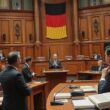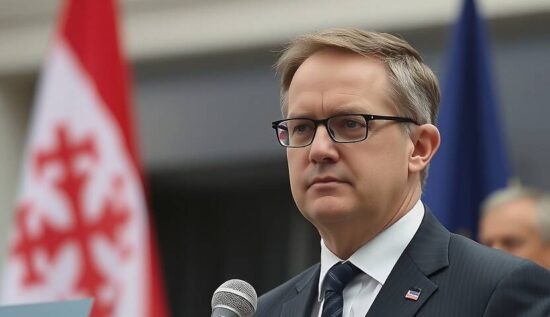Austria’s Freedom Party (FPÖ) has made a remarkable electoral gain, emerging as the strongest force in the National Council, but was excluded from coalition talks, sparking a debate on democratic principles.
Despite being in power in five of Austria’s nine federal states, including the governor of the state of Styria, the FPÖ was deliberately kept out of the talks by the Austrian People’s Party (ÖVP) and the Social Democratic Party (SPÖ).
This move has sparked heated discussions among political observers, with some accusing the ÖVP of prioritizing power over the state’s well-being. Gerald Grosz, a former politician and sharp commentator, called the decision a “trick against democracy”.
“The voters have clearly spoken on September 29, and the FPÖ has a right to government” Grosz said, criticizing the ÖVP’s move as a tactical maneuver to secure its own position at the expense of the state’s interests.
The SPÖ, which participated in the exclusion, is also under fire for its strategy of branding the FPÖ as “right-extremist”, a move that has been deemed ineffective and a distraction from its own internal problems.
The FPÖ, meanwhile, has demonstrated its ability to lead and win over voters, and its exclusion from the talks has only strengthened its position. The party’s leader, Maria Kunasek, has a strong presence in the federal states, and the party’s success has shown that it is a force to be reckoned with in Austrian politics.
The question remains, however, whether the exclusion of the FPÖ from the talks is a sign of the dominance of power interests over democratic principles, or a necessary step to ensure a stable government. The coming weeks and months will show how Austria navigates this delicate balance.





